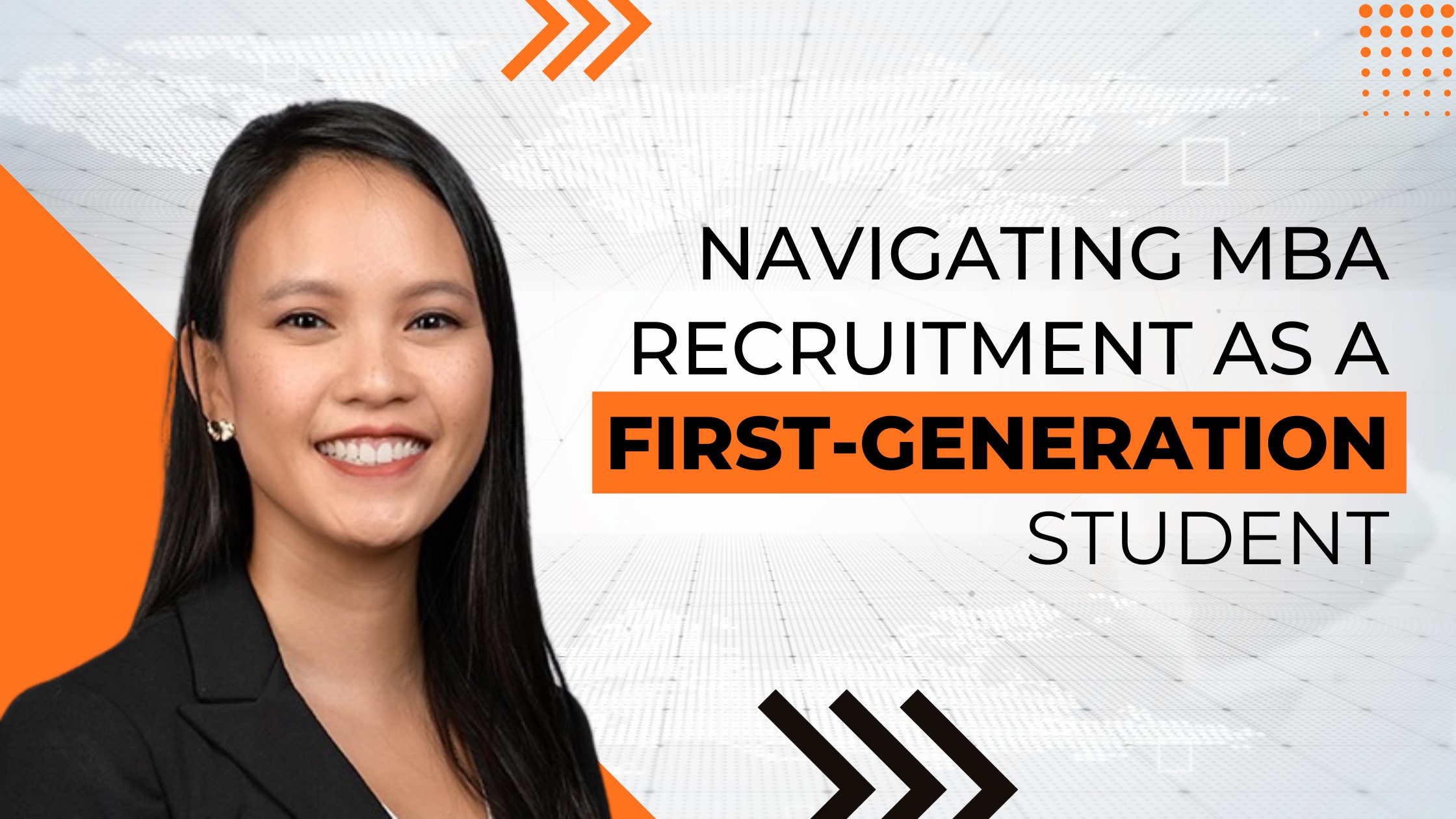In the ever-evolving landscape of the business world, the demand for highly skilled and innovative leaders has never been more pronounced. As a career center, academic advisor, or club leader, your role in shaping the future of MBA students is pivotal. Today, we delve into the strategies that can empower MBA students from your university to stand out from the fierce competition, ensuring they are equipped with the tools and mindset necessary for success.
1. Encourage Specialization and Niche Expertise
One of the most effective ways for MBA students to differentiate themselves is by developing a niche expertise within their chosen field. While a general MBA provides a solid foundation, encouraging students to specialize can set them apart in a crowded job market. Collaborate with industry professionals to identify emerging trends and skills in demand, and tailor your curriculum to facilitate specialization.
Whether it’s financial analytics, sustainable business practices, or technology management, having a unique skill set makes graduates more attractive to employers seeking specific expertise. Host workshops, invite guest speakers, and foster an environment that encourages students to explore and develop their niche.
2. Emphasize Soft Skills Development
In addition to technical expertise, today’s business leaders require a robust set of soft skills. Effective communication, leadership, adaptability, and emotional intelligence are indispensable attributes that can elevate an MBA graduate’s profile. Incorporate experiential learning opportunities, such as case competitions, group projects, and leadership seminars, to enhance these skills.
Furthermore, encourage students to seek mentorship and networking opportunities. Soft skills are often best developed through real-world interactions, and connecting with industry professionals provides invaluable insights and perspectives.
3. Foster Global Perspectives and Cultural Competence
As businesses become increasingly global, employers seek candidates with a keen understanding of international markets and diverse cultural nuances. Integrate global perspectives into your MBA program by offering international study tours, partnering with universities abroad, and facilitating cross-cultural collaboration.
Promote language learning programs and cross-cultural communication training to enhance cultural competence. This not only enriches the educational experience but also equips MBA students to navigate the complexities of the global business landscape.
4. Instill an Entrepreneurial Mindset
Entrepreneurial thinking is a hallmark of successful business leaders. Equip your MBA students with the mindset and skills necessary to identify opportunities, take calculated risks, and innovate. Offer entrepreneurship courses, workshops, and mentorship programs that guide students in developing and pitching their business ideas.
Encourage involvement in entrepreneurial clubs and events, fostering a culture of creativity and resilience. Graduates who demonstrate an entrepreneurial mindset are often more adaptable, resourceful, and capable of driving innovation within established organizations.
5. Facilitate Industry Connections and Networking
Networking is a cornerstone of career success, and MBA students should be well-versed in building and leveraging professional relationships. Organize networking events, industry panels, and career fairs that connect students with potential employers. Encourage participation in relevant professional organizations and associations.
Offer training on effective networking strategies, personal branding, and leveraging social media for professional growth. By establishing strong connections within their industry of interest, MBA students can gain insights, mentorship, and career opportunities that set them apart from their peers.
6. Integrate Real-World Projects and Internships
Practical experience is invaluable in the business world. Forge partnerships with local businesses, corporations, and startups like WeSolv to provide MBA students with opportunities for internships, consulting projects, and real-world problem-solving. These experiences not only enhance resumes but also allow students to apply classroom knowledge in a practical setting.
Encourage students to seek internships in diverse industries to broaden their skill set and gain a holistic understanding of business operations. The ability to demonstrate tangible contributions to real projects is a compelling differentiator for MBA graduates.
7. Promote Continuous Learning and Professional Development
The business landscape is dynamic, and successful professionals are those who embrace lifelong learning. Encourage a culture of continuous education by offering executive education programs, workshops, and seminars. Provide access to industry conferences, webinars, and online courses that allow MBA students to stay abreast of industry trends and emerging technologies.
Advocate for professional certifications and designations relevant to their field of study. Graduates who show a commitment to ongoing learning demonstrate to employers that they are adaptable and invested in their professional growth.
8. Cultivate a Strong Personal Brand
A well-defined personal brand is a powerful tool for MBA students to differentiate themselves. Work with students to identify their unique strengths, values, and career goals. Guide them in crafting a compelling narrative that aligns with their professional aspirations.
Encourage the use of online platforms such as LinkedIn to showcase their achievements, projects, and industry insights. Provide workshops on effective resume writing, cover letter crafting, and interview skills. A strong personal brand not only makes graduates more memorable but also positions them as thought leaders in their chosen field.
In the competitive landscape of the business world, MBA students need more than just academic knowledge to stand out. By incorporating these strategies into your university’s MBA program, you can empower students to not only meet but exceed the expectations of employers. Through a combination of specialized skills, soft skills development, global perspectives, and real-world experiences, MBA students can embark on distinctive career paths that set them apart in an ever-evolving marketplace. As leaders in academia and career development, it is our collective responsibility to shape the business leaders of tomorrow, ensuring they are well-equipped to thrive in the dynamic and competitive world of business.











